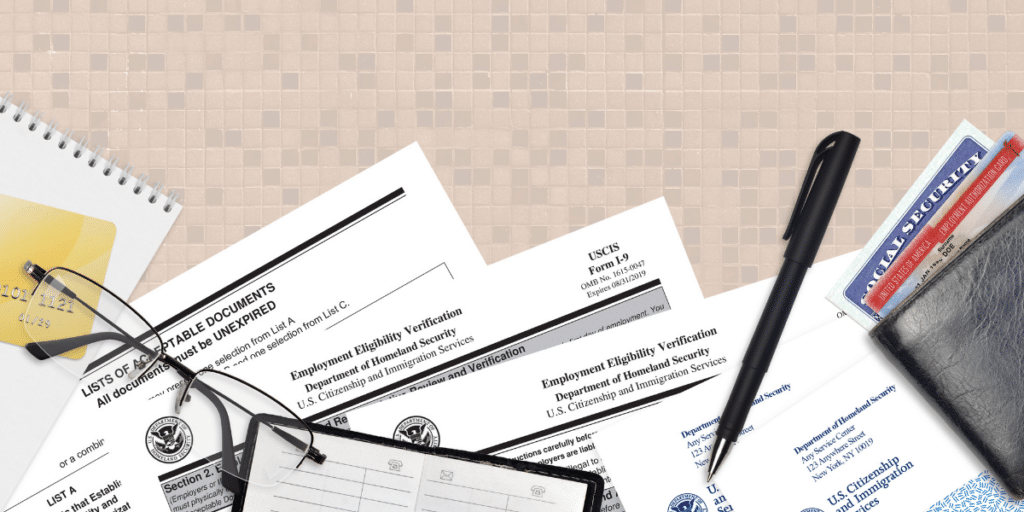Dating and intimate relationships create some questions for people who are separated but not yet legally divorced. How do you navigate such a tricky situation? From a legal standpoint, there are two things you need to consider.
First, what does “separated” mean? North Carolina requires that spouses live “separate and apart from each other” with at least one of them intending to end (terminate in legalese) the marriage. Where you live makes a difference. You have to live in a separate residence — not in separate rooms of the family house, not even in a separate apartment over the family garage — but in an entirely separate location. That’s it: [1] separate residence and [2] intention to end the marriage. You do not have to file a legal document to begin a separation, although some people prefer to do so.
Second, once you are separated, are there any restrictions on forming relationships with other people? Yes, and no. With limited exceptions, once you are separated, you are generally free to date anyone who wants to date you with one big exception. If infidelity/adultery — an intimate relationship with someone other than your spouse prior to separating — is an issue, then continuing a relationship with that same person after the separation can be used as evidence to prove adultery. Why does that matter? Proof of adultery may affect alimony and child custody. If you are in that situation, your legal situation becomes more complicated and discussing the specifics with your lawyer is important.
So, once you have established a separate residence with the intention of ending your marriage, there is no need to wait until the Court has granted you an Absolute Divorce to go out on the town with someone new.
If you find yourself facing a complicated family law matter, we recommend that you contact an experienced family law attorney to help guide you through the often confusing and difficult process. We can help with that.

CATEGORIES
Contact an Attorney
Our attorney offer specialized guidance and representation in a variety of practice areas.

REMEMBER: Always speak with your own attorney
This information is provided for informational purposes only; it is not offered as and does not constitute legal advice.
More Insights and Resources
Learn more about what to expect when facing a family law dispute in Charlotte, North Carolina from Family Law attorneys at Dozier Miller Law Group
Protect What Matters Most: Estate Planning for Every Stage of Life
Thinking about the future doesn’t always come naturally. Many of us get caught up in the day-to-day,…
Will a Separation Protect Me Financially?
Separation is never easy, especially when financial questions start piling up. Can you protect your savings? Will…
Practical Custody Arrangements for Families
Trying to figure out custody arrangements? You’ve probably come across terms like joint custody, primary custody, and…
Future-Proof Your Business Against Form I-9 Changes
Running a business is no small feat. Between managing your team, keeping customers happy, and planning for…
When Do You Need an Attorney for a Breach of Contract Case?
Contracts are the backbone of any good business relationship. They bring clarity, set expectations, and hold everyone…
Navigating Immigration Changes and Their Impact on Employment Law
No matter the size of your business, immigration law affects your ability to hire and retain the…
LGBTQ Families and Stepparent Adoption: What You Need to Know in North Carolina
As a family law attorney in North Carolina, I’ve seen many parents assume that their legal status…
What to Do When You Get a Bad Google Review
If you’re a Charlotte business owner, you know just how important your online reputation is. Around 98%…
Managing Your Immigration Status in 2025
The 2024 election brought significant shifts to U.S. immigration policy, many of which have already begun reshaping…
Plan Now for Summer Child Custody Arrangements
It might not feel like it, but summer break will be here before you know it. For…










